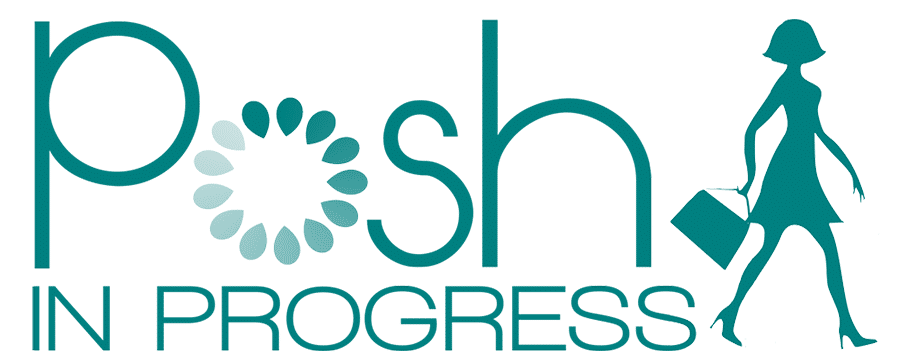5 Vitamins for Women That Might Be Missing From Your Diet
Thank you Council for Responsible Nutrition for sponsoring this post. This is #MyWeekSupplemented.
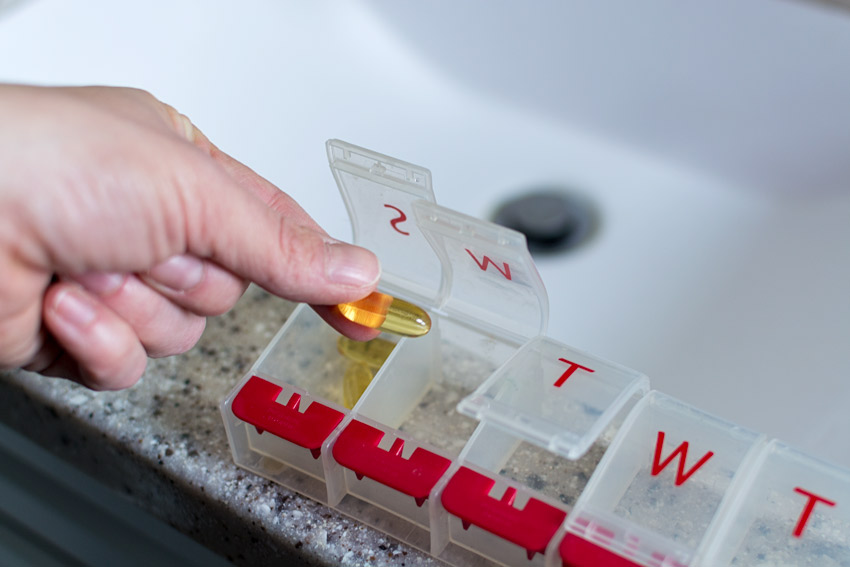
Once I received this diagnosis, she informed me of just how easy it would be to fix the issue. I’d take a daily Vitamin D supplement and I’d also take a higher dose of Vitamin D every week to rebuild my stores.
I share this little story because there are a lot of women who are not getting enough of the vitamins we need to be at our optimal health. Although I strongly believe food should be your primary source for vitamins, minerals and nutrients our bodies need, sometimes food isn’t enough. There are certain vitamins for women that might make sense to add as supplements to achieve optimal health.
According to this survey from the Council for Responsible Nutrition, 79% of U.S. women take dietary supplements each year. Although I found this number surprising, try as we may, it’s challenging to get all the essential nutrients we need from diet alone. Dietary supplements can help fill nutrition gaps and promote overall health and wellness. Surprisingly, people who take dietary supplements are more likely to engage healthy habits such as exercising regularly and eating a balanced diet than non-users, according to a 2017 survey from the Council for Responsible Nutrition. To be clear, dietary supplements play an important role in good health, but they are not substitutes for other healthy habits.
If you’re not sure you’re getting all your vitamins, I’m discussing the 5 vitamins for women that you might be deficient in. Ensuring we get these 5 vitamins will lead to the best health. There are lots of choices when it comes to dietary supplements. Before you start a supplement, it is wise to talk with a doctor or other healthcare practitioner about what dietary supplements are right for you.
5 Vitamins for Women that Might be Missing for Their Diet
1. Vitamin D
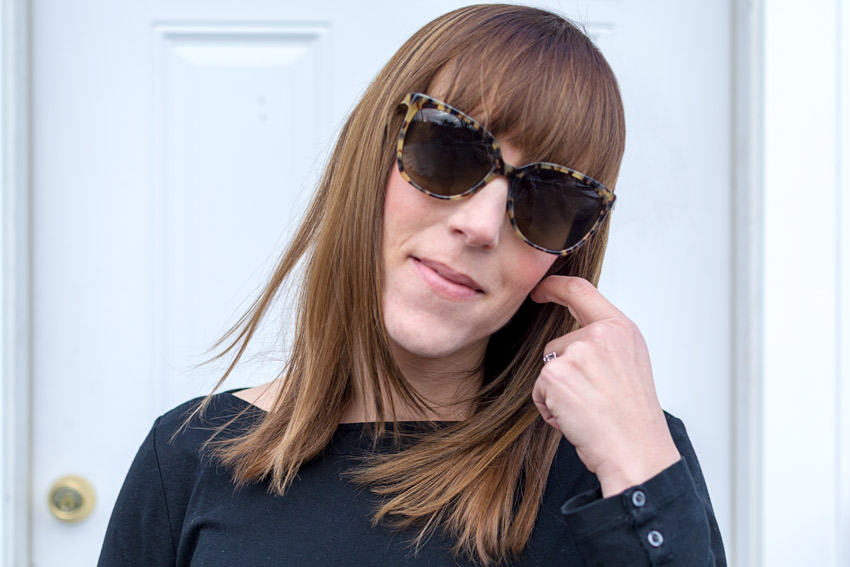
2. Iron
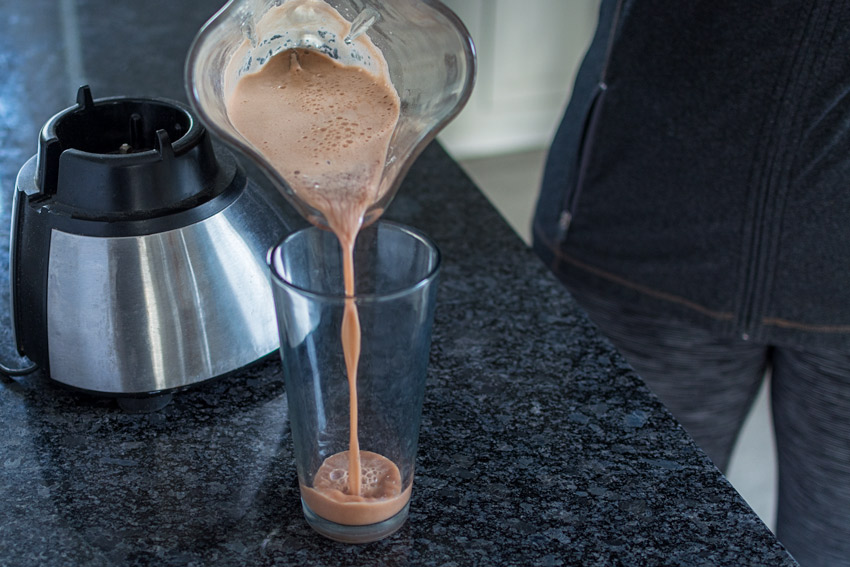
You can fill most, if not all, of your iron needs by eating enough fish, meat and poultry. For vegetarians, it might be harder to get your iron from plant foods alone, since they are not well absorbed. However, many grain-based foods are fortified with iron, such as cereals, breads and pastas. You can also eat foods like spinach, chard, beans, and lentils because they are high in iron. Also, eating Vitamin C rich foods like oranges, broccoli and tomatoes along with the high-iron foods will help with iron absorption.
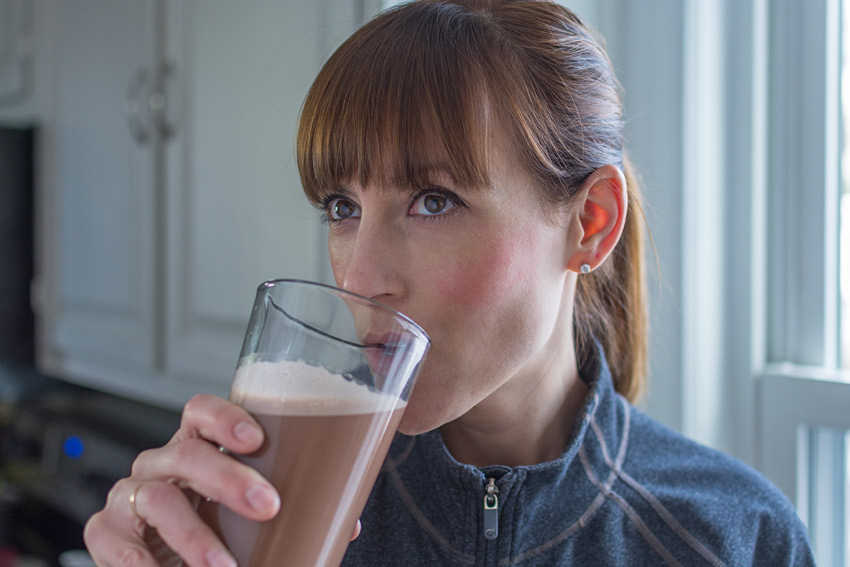
3. Omega 3 Fatty Acids
Although Omega 3 Fatty Acid supplements do not just benefit women, I wanted to mention them because they are important for our health. Also, I know a lot of people do not like fish, so you are likely not getting enough omega 3s. If you do like fish, you can get enough omega 3s by eating fish 2-3 times a week. Fish is your best source from fish like salmon, halibut, sardines and herring. If you don’t like fish, a supplement is a really convenient and easy way to get enough omega 3s. Omega 3s are definitely one of the vitamins for women that I highly recommend. Everything I’ve read about it is really encouraging.
4. Calcium
Women continue to build bone in their 20s and they need enough calcium to promote bone growth. During menopause, women also need additional calcium. An obvious place to get more calcium is from dairy products. You can also get calcium from foods like broccoli, cheese, yogurt, and kale. If you’re not sure you have enough calcium in your diet, talk to your doctor about whether you need more. Most nutritionists recommend of 1,000 milligrams a day for women, but check with your doctor before starting a calcium supplement.
5. Folic Acid

I hope you found this article helpful in determining which supplements and vitamins for women that might be right for you. If you have any questions or concerns about your health, please talk with your doctor. Here’s to a healthy 2018!
I was selected for this opportunity as a member of CLEVER and the content and opinions expressed here are all my own.
